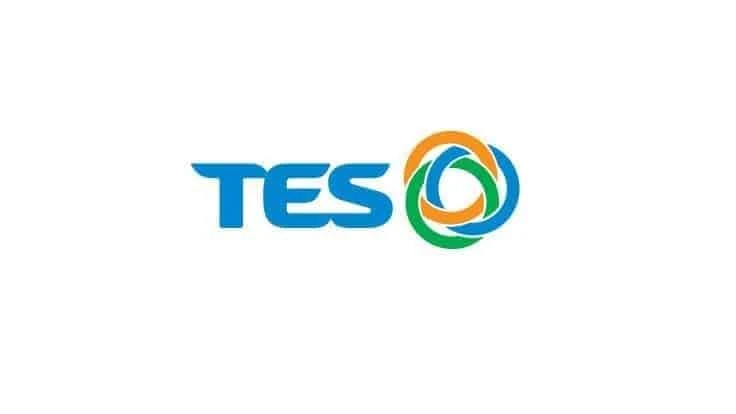
TES
TES, a Singapore-based provider of information technology life cycle services, has agreed to a deal that secures the future of a 10,000-square-meter (approximately 110,000-square-feet) recycling facility in the Port of Rotterdam.
The facility, located adjacent to the waterways of the Port of Rotterdam and with an option to extend onto a neighboring plot that will increase the site to more than 40,000 square meters (about 430,000 square feet), already has a basic waste license to receive, store and forward lithium-ion batteries and to manage electric vehicle (EV) batteries and battery production scrap in addition to a license to shred alkaline batteries.
According to a news release from TES, the site extension is planned to be fully operational by late 2022 and will be the first lithium-ion battery recycling plant in the Netherlands. The company says the site will be a good addition to its two other lithium-ion battery recycling facilities in Grenoble, France, and Singapore.
The TES site in Grenoble was one of the first recycling sites to use an inert shredding process that safely crushes lithium-ion batteries. The company says that site also developed key patents for hydrometallurgical processes.
TES reports that its expertise gained in France played a key role in the company opening Southeast Asia’s first lithium-ion battery recycling facility in Singapore this March. The Singapore facility has the daily capacity to recycle up to 14 metric tons of lithium-ion batteries, which is the equivalent of 280,000 smartphone batteries.
According to TES, these existing facilities will support the development of a new, larger site in the Port of Rotterdam. The combined capacities of the three facilities will make TES one of the largest service providers of lithium-ion battery recycling globally as well as a large generator of commodity materials from the battery recycling process, the company says.
This deal is part of an ongoing commitment from TES to improve the collection and recycling of portable and industrial batteries in Europe. The company says the deal supports the European Union’s goals laid out in the European Green Deal. It is also what TES calls a strategic move in preparation for the rise in global demand for lithium-ion batteries as car manufacturers increase their EV outputs, which are predicted to increase 14-fold by 2030 compared with 2018 levels.
“We have a vision to be a global sustainability innovator, and our unwavering ambition to turn the Port of Rotterdam site into a state-of-the-art European battery recycling facility is key in delivering that strategy,” says Thomas Holberg, global vice president of battery operations at TES. “Once up and running, we will have up to 10,000 [metric tons] of shredding capacity per year and a subsequent hydrometallurgical process which focuses on the recovery of nickel, cobalt and lithium as a precursor feedstock for the battery industry.
He concludes, “Our mission at TES is to ‘close the loop’ on lithium battery production by encouraging reuse and improving the collection and recycling of the scarce metals and materials they contain. Our commitment to this facility in the Port of Rotterdam is a clear indication that we are choosing to invest in our future now and to increase capacity in the European battery recycling supply chain.”
TES says the Port of Rotterdam has expressed its support for the new recycling facility.
“We are working not only towards a net-zero CO2 emission port and industry in 2050 but also looking at ways to make the industry more circular,” says Allard Castelein, CEO of the Port of Rotterdam. “Therefore, besides working on projects regarding, for instance, hydrogen and carbon capture and storage, it is important to take significant steps to establish circular production processes. The TES project in Rotterdam is exactly that. This could very well become the largest European facility for recycling batteries from electric cars.”
Latest from Recycling Today
- Aqua Metals secures $1.5M loan, reports operational strides
- AF&PA urges veto of NY bill
- Aluminum Association includes recycling among 2025 policy priorities
- AISI applauds waterways spending bill
- Lux Research questions hydrogen’s transportation role
- Sonoco selling thermoformed, flexible packaging business to Toppan for $1.8B
- ReMA offers Superfund informational reports
- Hyster-Yale commits to US production





